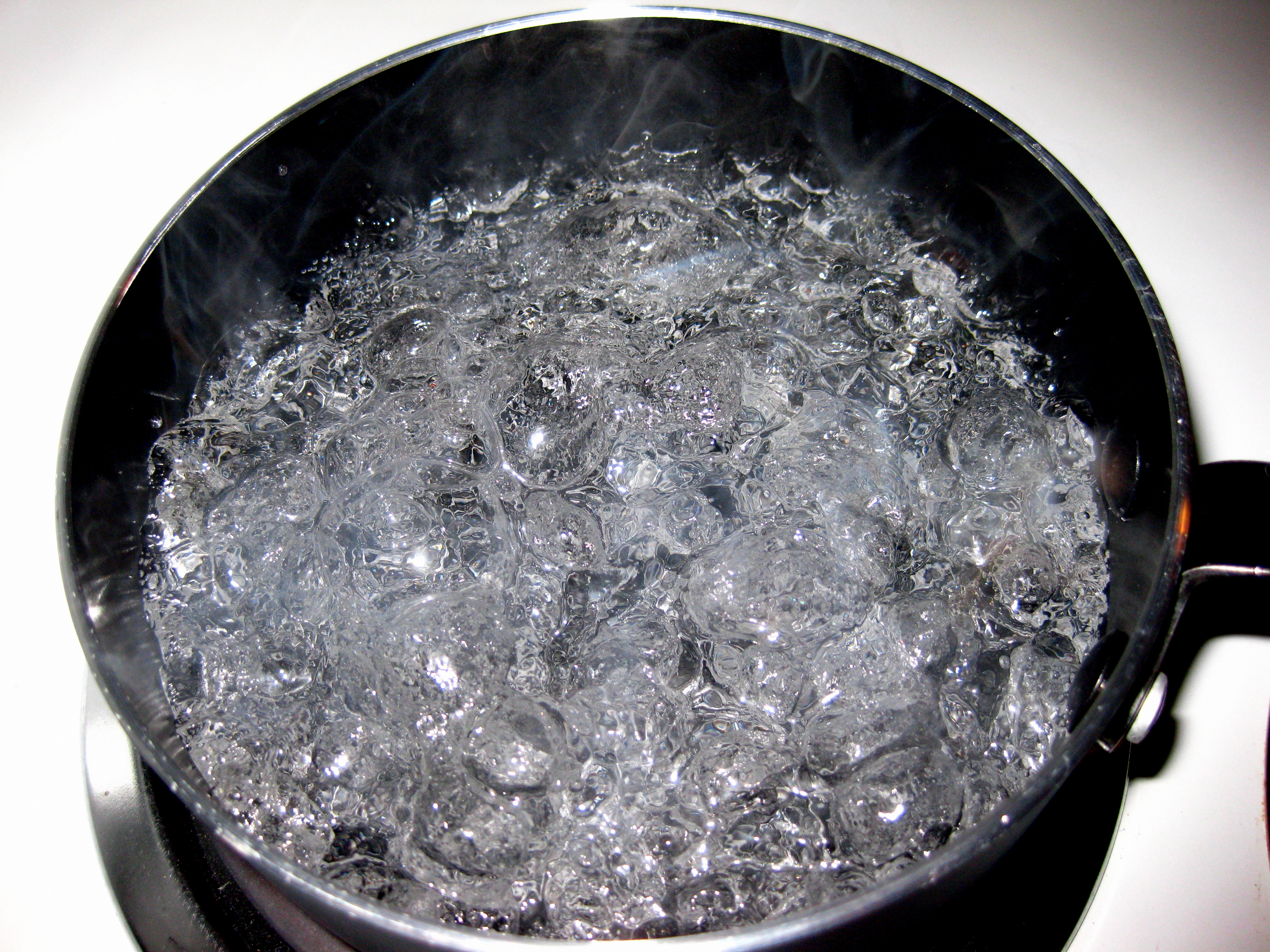
PSA: Don’t drink or cook with hot water from the tap
Picture this: It’s pasta night. You’re excited, naturally. Boiling water takes forever, so you decide to speed things up by filling the pot with scalding hot tap water instead of cold.
DON’T DO IT!
Why? Well, because your hot water from the tap can contain contaminants.
If you didn’t realize this, you’re not alone.
Hot water systems like tanks and boilers contain metallic parts that corrode as time goes by, contaminating the water. Hot water also dissolves contaminants in pipes faster than cold water.
And no, boiling the water does not make those contaminants (like lead) go away.
Considering that many homes have internal plumbing with some presence of lead, this can be a big deal; however, it’s not the only potential water quality issue looming in the home.
According to Fred Sanchez, Denver Water’s water quality manager, problems can arise from other ordinary sources, including:
Water filters
If you have a lead service line, plumbing that contains lead, or some other internal plumbing problem, you may want to consider a filter or treatment system. Whether you’ve got a refrigerator filter, a simple pitcher or a complete filtration system, if they’re left unmaintained and unchanged, filters can actually diminish water quality, even if no lead is present.
That’s why regular upkeep is crucial if you use a filter or treatment system.
Water softeners
Hard water has been known to leave a chalky residue on dishes, a mineral aftertaste and make it difficult to rinse soap off of skin. But, before you go buy a pricey, well-marketed water softener, get the facts about Denver’s water hardness (or lack thereof). And, if you do choose to purchase a softener, be sure you choose a reputable product and maintain it properly.
As with water filters, unmaintained softeners can have adverse effects on drinking water.
Aerators
Aerators mix air with water to reduce the flow of water coming from the faucet. They’re inexpensive, available at most hardware stores and an easy way to improve water efficiency at home. And, just like filters and softeners, they need proper maintenance and cleaning, as debris can accumulate over time.
This is critical if you have a lead service line or indoor plumbing containing lead, because lead particles can find their way into aerators and diminish water quality.
Cross-connections
Improper attachments for insecticide sprayers or hoses attached to faucets can lead to back-siphonage and introduce unwanted materials into your drinking water.
This is called backflow, a term in the plumbing industry describing the unwanted flow of water in the reverse direction. When there is negative pressure, which can be caused by something as simple as someone taking a shower, the sprayer or hose acts as a vacuum, pulling water from a potentially contaminated source back into your drinking water supply.
If you are a do-it-yourselfer and have installed your own cross-connection, make sure you have a plumber inspect your work and ensure it adheres to all state requirements (pages 247-254). This includes making sure you have a backflow prevention device in place.
The bottom line
The water Denver Water provides is safe to drink. What happens next is largely up to you. Ensuring our customers have access to safe drinking water is a responsibility we take very seriously, which is why we want to provide as many resources as possible to help keep your water safe once it reaches your home.
Be proactive. If you think lead or other contaminants may be lurking, test your water, look for potential issues and flush your faucets regularly. The video below shows you how to flush properly.
Denver Water provides detailed information about water quality from the source to the tap, including annual water quality reports detailing monitoring programs and results, here.
Additional resources:



